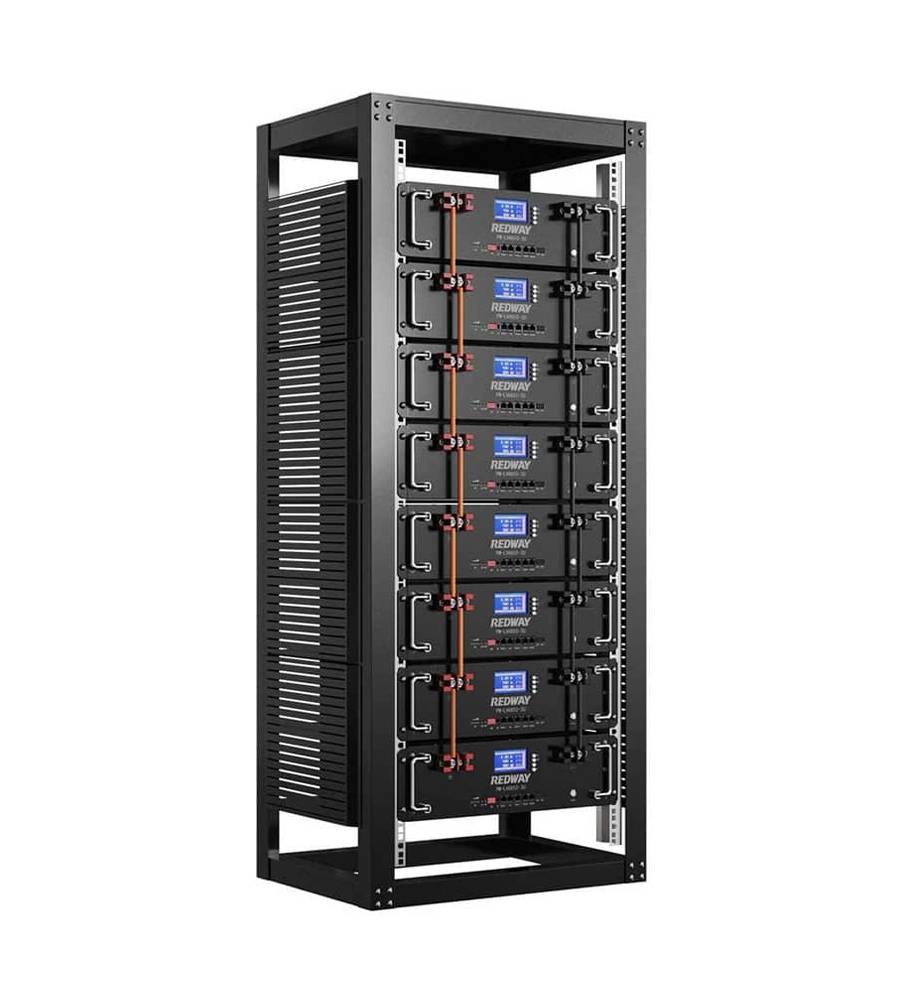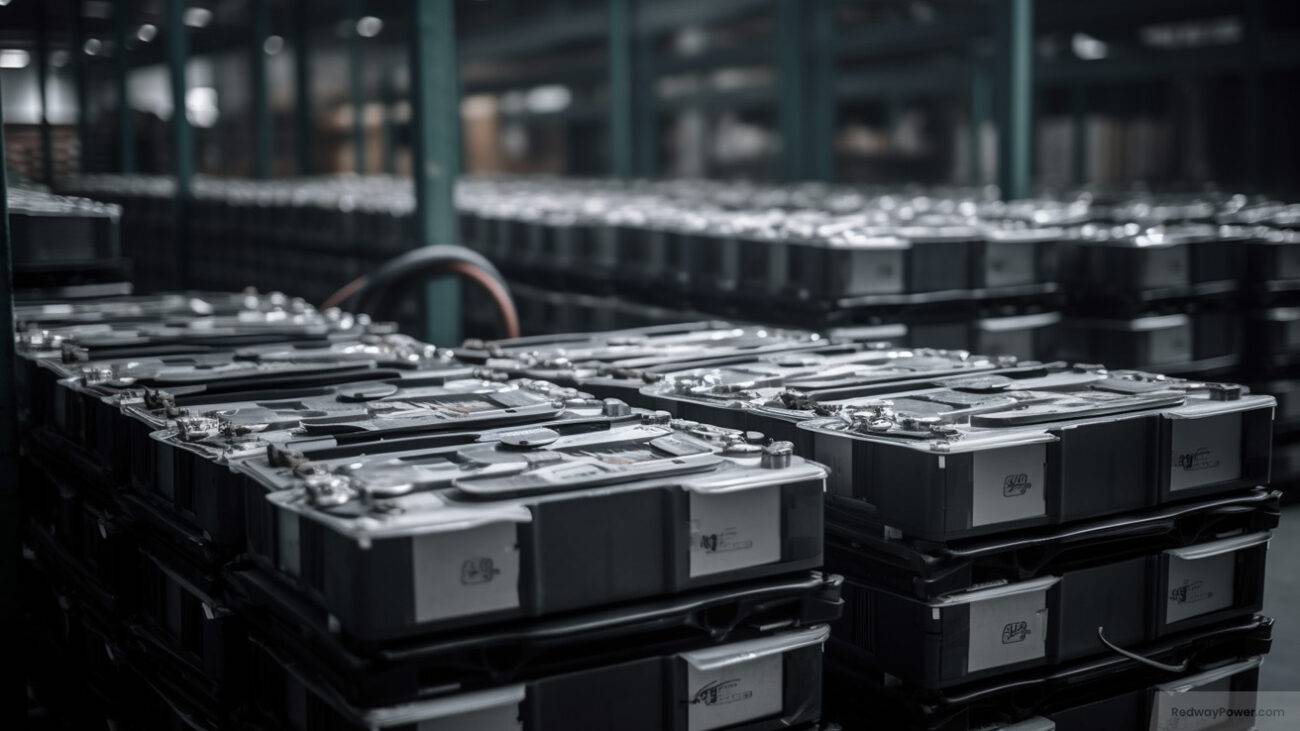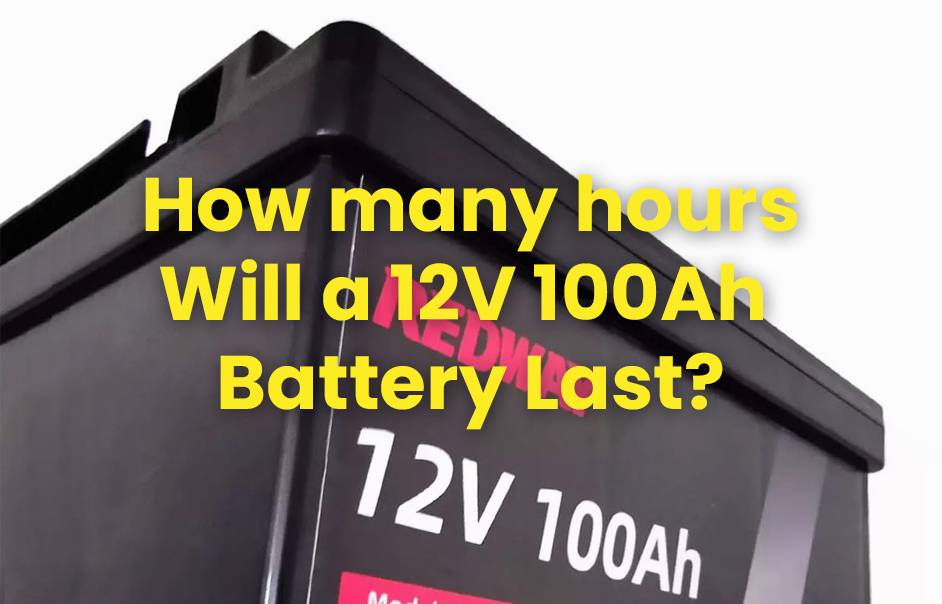Welcome to our quest for the ultimate battery! In today’s tech-driven world, finding a reliable and long-lasting power source is essential. Join us as we explore the factors to consider when choosing a battery and examine the top contenders for the title of strongest and longest-lasting. Get ready for an enlightening journey into the world of batteries!
The Importance of Batteries in Our Daily Lives
Batteries are essential for powering our devices and maintaining connectivity in our modern lives. Their portability allows us to use gadgets on the go, while also reducing our carbon footprint by storing clean energy from renewable sources.
- Portability: Batteries offer convenience, enabling us to use devices anywhere, whether traveling, outdoors, or in public spaces. This portability ensures continuous connectivity and productivity without being tethered to a power outlet.
- Environmental Impact: As renewable energy gains traction, batteries play a crucial role in storing and utilizing clean energy efficiently. They contribute to reducing carbon emissions and dependence on non-renewable resources, fostering sustainability efforts globally.
- Emergency Backup: In emergencies or power outages, batteries provide backup power to critical services, ensuring uninterrupted functionality of essential systems like hospitals and emergency response units.
- Industry Advancements: Innovations in battery technology have revolutionized various industries, enabling the development of advanced medical devices, portable tools, and electric vehicles. These advancements enhance efficiency and productivity across sectors.
Understanding the factors influencing battery selection, such as capacity, lifespan, and rechargeability, is crucial for choosing the right battery for specific needs, whether for personal devices or industrial applications.
Factors to Consider When Choosing a Battery
Choosing the right battery requires considering several essential factors tailored to your specific needs. From the intended device to capacity and durability, each aspect plays a crucial role in selecting the most suitable option.
- Purpose: Identify the intended use of the battery, whether for a phone, laptop, car, or other devices, as each has different power requirements.
- Capacity: Consider the energy storage and delivery capabilities of the battery, opting for higher capacity if you heavily rely on your devices and need prolonged usage.
- Size and Weight: For portability, prioritize compact and lightweight batteries, especially if you’re frequently on-the-go and need to carry them with you.
- Durability: Look for batteries made from durable materials and tested to withstand various conditions, ensuring longevity and reliability.
- Cost-efficiency: Balance upfront costs with long-term savings, choosing a battery that offers the best value by lasting longer before requiring replacement.
By considering these factors, you can make an informed decision and select a battery that meets your requirements for reliability, efficiency, and longevity.
Comparison of the Top 5 Longest-Lasting Batteries
Selecting a battery with the longest lifespan requires considering various options available in the market. Let’s explore the top 5 longest-lasting batteries and compare their features to help you make an informed decision.
- Lithium-Ion Batteries: Known for their high energy density and extended lifespan, lithium-ion batteries are commonly used in smartphones, laptops, and electric vehicles. With proper maintenance, they can deliver consistent performance for several years.
- Nickel-Metal Hydride (NiMH) Batteries: Offering a balance between cost and performance, NiMH batteries have higher capacity than traditional nickel-cadmium batteries but may not match the longevity of lithium-ion options.
- Alkaline Batteries: Widely available and affordable, alkaline batteries are suitable for low-drain devices like remote controls. While not as long-lasting as rechargeable options, they provide a cost-effective solution for certain applications.
- Zinc Carbon Batteries: Inexpensive and disposable, zinc carbon batteries are commonly used in low-drain devices such as flashlights and toys. However, they have shorter lifespans compared to rechargeable alternatives.
- Lead-Acid Batteries: As one of the oldest rechargeable battery technologies, lead-acid batteries find applications in automotive and marine settings. While durable, they may not offer the same lifespan as newer rechargeable options like lithium-ion or NiMH batteries.
Lithium-Ion Batteries: The Strongest Option?
Lithium-ion batteries are renowned for their exceptional performance and durability, making them a top choice for various portable devices. Let’s explore why they’re considered the strongest option in battery technology.
- High Energy Density: Lithium-ion batteries can store a large amount of energy in a compact size, providing longer runtimes for smartphones, laptops, and electric vehicles compared to other battery types.
- Fast Charging: They boast quick recharge times, allowing users to get their devices up and running in a short period, enhancing convenience, especially for those with busy lifestyles.
- Impressive Lifespan: With proper maintenance, lithium-ion batteries can endure numerous charge-discharge cycles without significant degradation, ensuring prolonged usage before requiring replacement.
- Low Self-Discharge Rates: These batteries retain their charge for extended periods when not in use, minimizing power loss over time and offering reliability even after weeks or months of inactivity.
However, it’s essential to be mindful of their sensitivity to extreme temperatures, which can impact both performance and safety levels.
Alternatives to Lithium-Ion Batteries
While lithium-ion batteries are popular for their longevity, several alternatives exist that might better suit your requirements. Let’s explore some viable options to consider.
- Nickel-Metal Hydride (NiMH) Batteries: NiMH batteries offer good performance at a lower cost compared to lithium-ion ones. They’ve been in use for some time and can be a reliable choice for various applications.
- Lithium Iron Phosphate (LiFePO4) Batteries: LiFePO4 batteries prioritize safety and durability, with a longer lifespan compared to traditional lead-acid batteries. They’re ideal for applications where reliability is paramount.
- Rechargeable Alkaline Batteries: These batteries provide a more eco-friendly option and can be recharged multiple times, though they may not last as long as other alternatives.
- Hydrogen Fuel Cells: For specialized applications like electric vehicles or renewable energy systems, hydrogen fuel cells offer an alternative to traditional batteries, converting hydrogen and oxygen into electricity with minimal environmental impact.
It’s essential to assess factors such as cost, longevity, safety, and environmental impact to choose the right battery solution for your needs. Additionally, keep an eye on advancements in battery technology for potential future alternatives.
Tips for Maximizing Battery Life
In our daily lives, batteries are crucial for keeping our devices powered up. With various options available, it’s essential to understand which batteries are the strongest and longest-lasting. Let’s explore the top contenders and strategies to maximize battery life.
- Lithium-Ion Batteries: Known for their high energy density and long lifespan, lithium-ion batteries are a popular choice for many devices, including smartphones and laptops.
- Nickel Metal Hydride (NiMH) Batteries: NiMH batteries provide consistent power over multiple recharge cycles, making them suitable for various applications.
- Alkaline Batteries: While affordable, alkaline batteries may not last as long as other options, making them better suited for short-term use in everyday devices.
- Zinc-Carbon Batteries: Reliable but less efficient compared to other alternatives, zinc-carbon batteries are commonly used in low-drain devices.
- Lead-Acid Batteries: Found in automotive applications, lead-acid batteries have limitations in terms of power-to-weight ratio compared to lithium-ion batteries.
Alternatives worth exploring include solid-state batteries and hydrogen fuel cells, offering higher energy densities and enhanced sustainability.
To maximize battery life, consider adjusting screen brightness, turning off unnecessary features like Bluetooth and Wi-Fi, and avoiding extreme temperature conditions. These simple strategies can help prolong your device’s battery lifespan.









